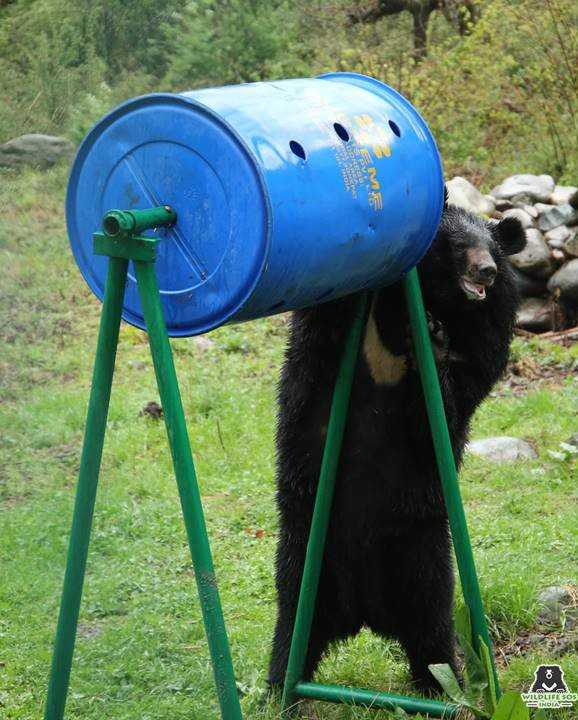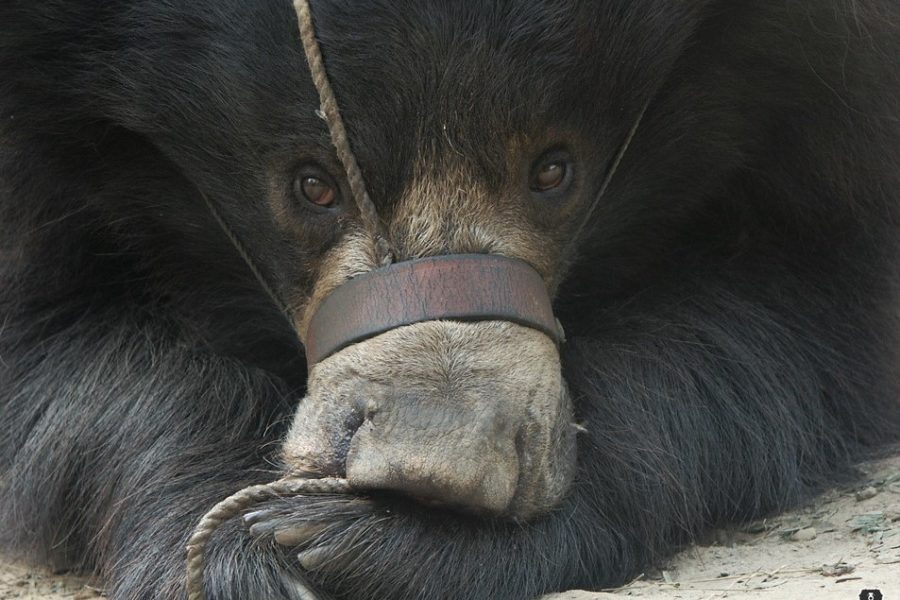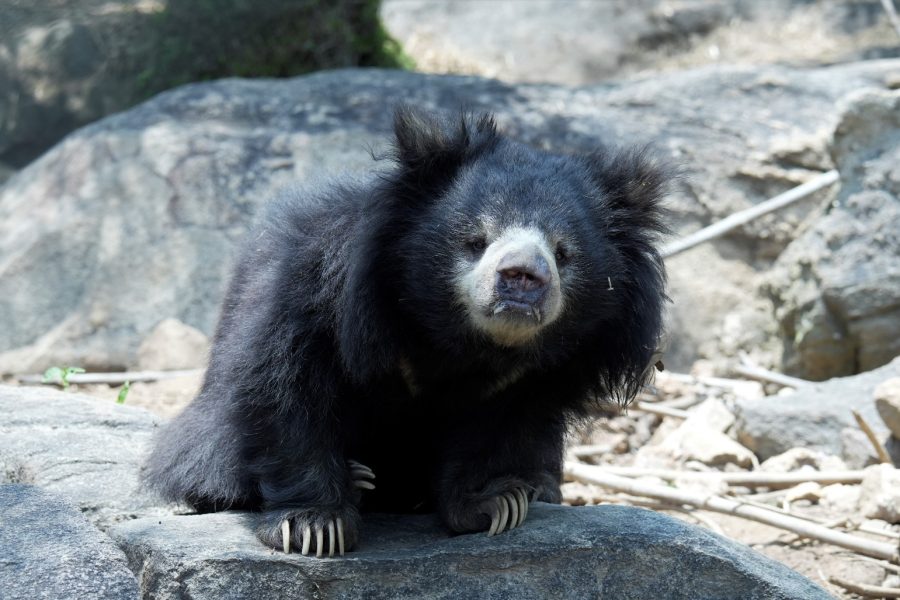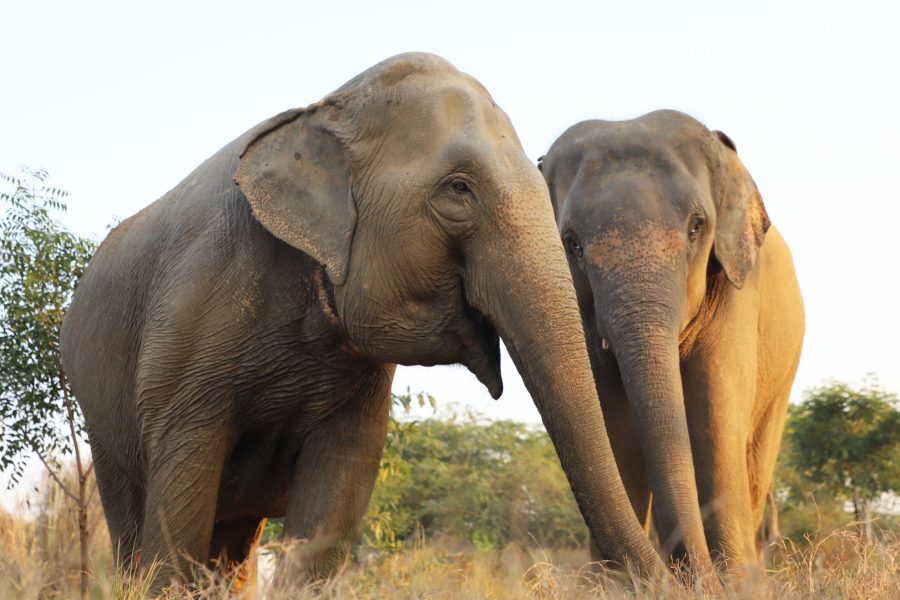Animal welfare is a state of harmony between the animal and their environment, which is characterized by healthy physical and physiological behavior and an improved quality of life. However, an animal can be in a great physical state but can still be suffering emotionally. An easy access to supply of water and food with a secure territory and a constant social group renders a monotonous and unchallenged pattern to the animal. Under captivity, the animal remains mostly idle and in a state of boredom that can trigger non-adaptive responses such as: stereotypical behaviors and emotional disturbances reflected in forms of aggressiveness. Hence, enrichments serve an extremely important role in such situations.
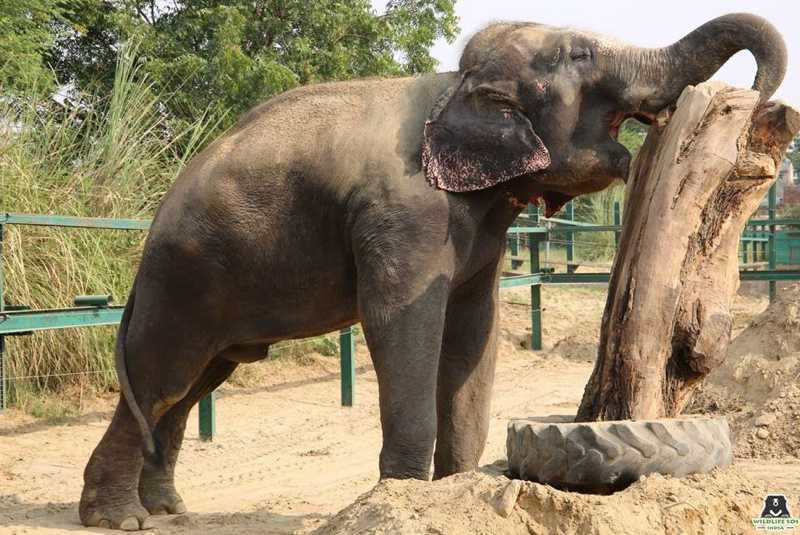
Environmental enrichments are defined as the process of providing captive animals with stimulating environments by availing to them engaging items and surroundings that encourage naturalistic behaviors. Further giving them choices and control in and over their environments induces positive and healthy engagement. Structural enrichments including enclosure designs, wooden platforms, swings and climbing structures provides the captive animals, a means of exhibiting natural forms of locomotion. Additionally, sensory enrichments can also play a role in heightening or diminishing the use of an animal’s senses and consequent adaptive functions. This holistically maintains good health and mental welfare for the captive animals.
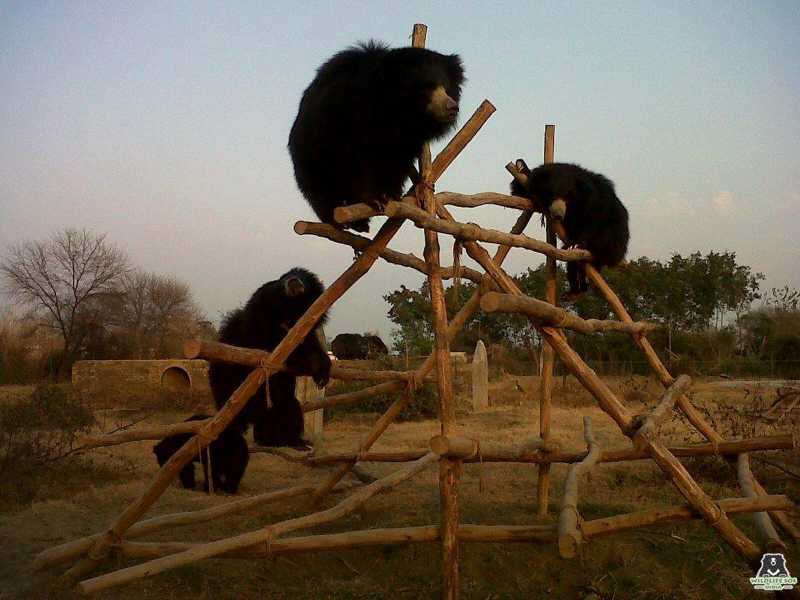
Elephants in the wild spend most of their time foraging and browsing in search of food and water. Their social interactions and migratory patterns are all defined by these two most essential things for survival. They form deep family bonds, with the matriarch leading the herd. These majestic creatures can travel up to 30 miles in a single day and their freedom of movement is limitless. The life in the wild is quite contrasting to the one in under captivity. Unnatural constraints like a restricted space for movement and easy access to food and water negatively affects the cognitive capacity of these intelligent beings. This induces stress which leads to abnormalities and stereotypical behaviors like bobbing, swaying, weaving, and pacing up and down. Therefore, the use of enrichments plays a crucial role in helping an elephant cope with the stress of being in a captive space.
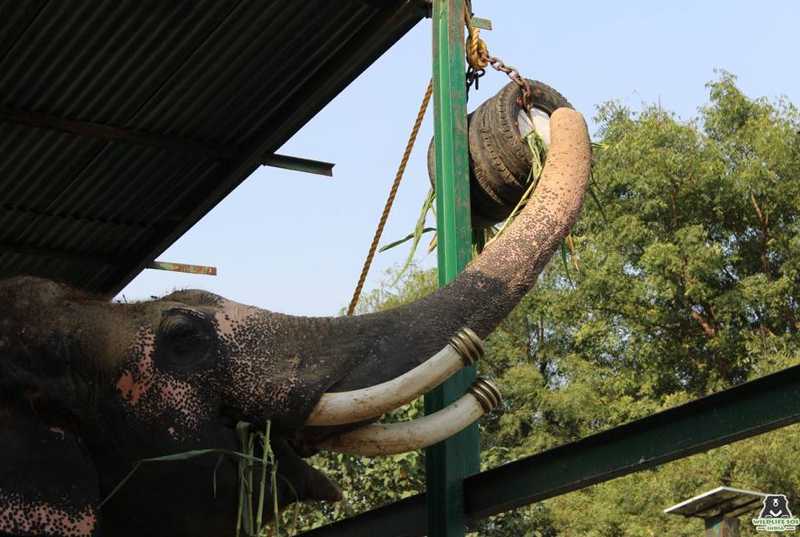
Bears are highly food motivated animals. In the wild, foraging and hunting behaviors represent a large proportion of their energy budget. But the picture for a bear in captivity is strikingly different. The usual pattern of food being served poses no challenge or pressure on the animal to struggle for food or fear predation while foraging. Hence, presenting food in novel and exciting ways encourages species-typical behavior, for example honey smeared on trees lures them into climbing and hidden treats encourages exploring and digging pits, which induces healthy natural behaviors. Simply crafted yet tricky enrichments involving puzzles and brain teasers to extract nuts or honey stimulate cognitive skills and reduce stress levels.
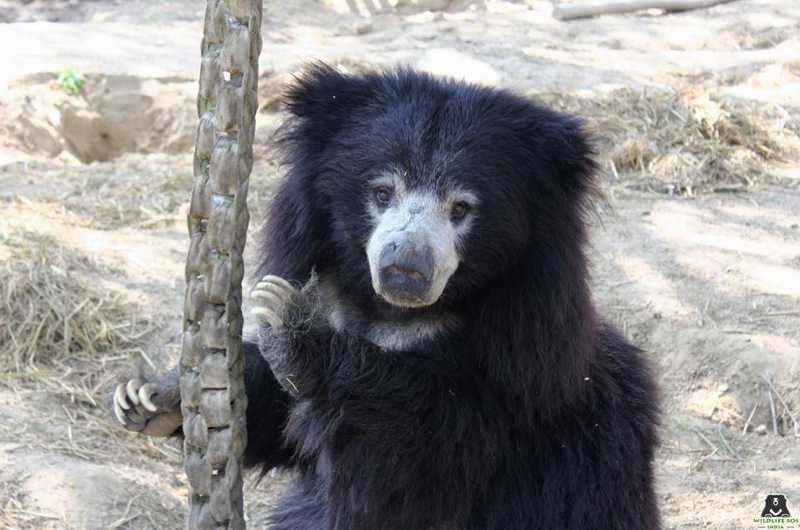
For animals in the wild, no two days are the same. To evade the mundane and routine stagnation from the lives of captive animals, enrichments should be seen as a process of everyday changes. It should be goal-focused and in line with the animal’s natural history. Only then can there be a holistic well–being and the animal can live similar to the one they had in the wild.
